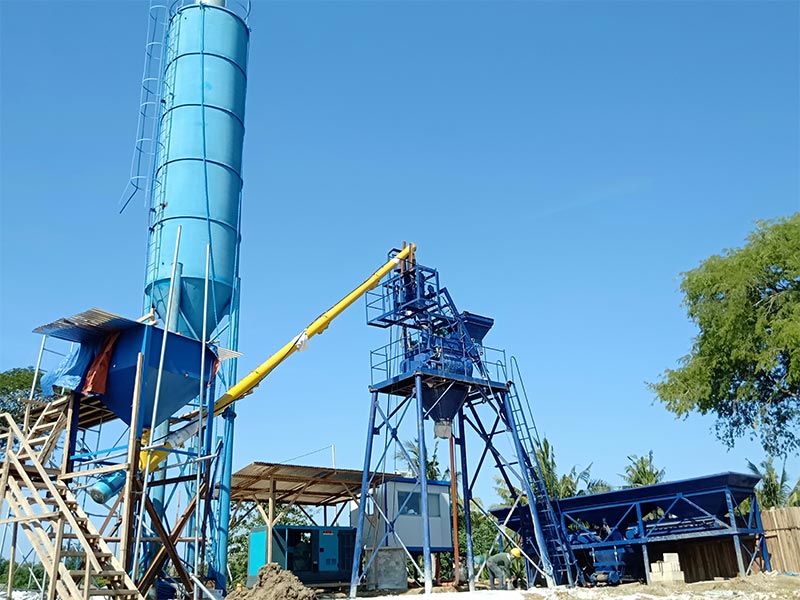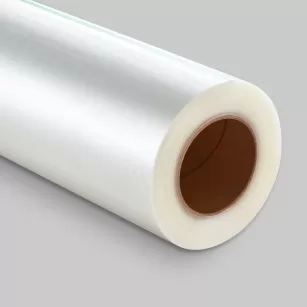Concrete batching plant plays a pivotal role in the construction industry, ensuring the efficient production of high-quality concrete for various projects. In this comprehensive guide, we delve into the intricate workings of concrete batching plants, shedding light on their operation, components, and benefits.

Concrete batching plants are specialized facilities designed to mix various ingredients, including water, cement, aggregate (such as sand or gravel), and additives, to produce concrete efficiently. These batching plants come in a variety of configurations, ranging from small, portable units to large-scale, stationary installations, catering to diverse construction needs.
Components of a Concrete Batching Plant
1. Aggregate Bins and Conveyor Systems
Aggregate bins store different types of aggregates, ensuring a steady supply of materials for the mixing process. Conveyor systems transport aggregates from the bins to the mixing unit, facilitating a seamless workflow.
2. Cement Silos
Cement silos store cement in bulk quantities, safeguarding against supply shortages and ensuring continuous production. These silos are equipped with mechanisms for precise dispensing of cement into the mixing unit.
3. Mixing Unit
The heart of the concrete batching plant, the mixing unit combines the various ingredients in predetermined proportions to produce the desired concrete mix. This unit comprises mixing blades or paddles, along with sophisticated controls for accurate blending.
4. Water and Additive Systems
Water and additive systems control the flow of water and additives into the mixing unit, allowing for adjustments to the concrete mix's properties as needed. These systems ensure consistency and quality in the final product.
Operation of Concrete Batching Plants
Concrete batching plants operate on a carefully orchestrated sequence of steps to produce consistent, high-quality concrete batches. The process typically involves the following stages:
1. Aggregate Loading and Conveyor Transport
Aggregates are loaded into the bins either manually or via automated systems. Conveyor belts transport the aggregates to the mixing unit, maintaining a steady flow of materials.
2. Cement Dispensing
Cement is dispensed from the silos into the mixing unit, with precise measurements controlled by automated systems. This ensures accurate proportions and minimizes wastage.
3. Mixing Process
In the mixing unit, the aggregates, cement, water, and additives are combined thoroughly to form the concrete mix. The mixing duration and speed are optimized to achieve uniformity and homogeneity in the mixture.
4. Quality Control and Testing
Throughout the production process, quality control measures are implemented to monitor the consistency and integrity of the concrete mix. Samples may be collected for testing to ensure compliance with specifications and standards.
5. Discharge and Delivery
Once the concrete mix reaches the desired consistency and quality, it is discharged from the mixing unit into trucks or transport vehicles for delivery to the construction site. Care is taken to prevent segregation or contamination during transportation.
Advantages of Using Concrete Batching Plants
Concrete batching plants offer numerous advantages over traditional on-site mixing methods, including:
Increased Efficiency: Batch production allows for faster and more efficient concrete mixing, reducing labor costs and construction time.
Consistent Quality: Automated processes ensure uniformity and consistency in the concrete pump mix, leading to higher quality construction results.
Resource Optimization: Precise measurement and control of materials minimize waste and optimize resource utilization, resulting in cost savings.
Versatility: Batching plants can accommodate various types of concrete mixes and additives, catering to diverse project requirements.
Environmental Benefits: Advanced technologies and practices in batching plant operation contribute to reduced environmental impact through resource conservation and emissions control.
Conclusion
Concrete batching plants represent a cornerstone of modern construction practices, providing a reliable and efficient solution for producing high-quality concrete. By understanding their operation and benefits, construction professionals can leverage the capabilities of these plants to streamline projects and achieve superior results.


